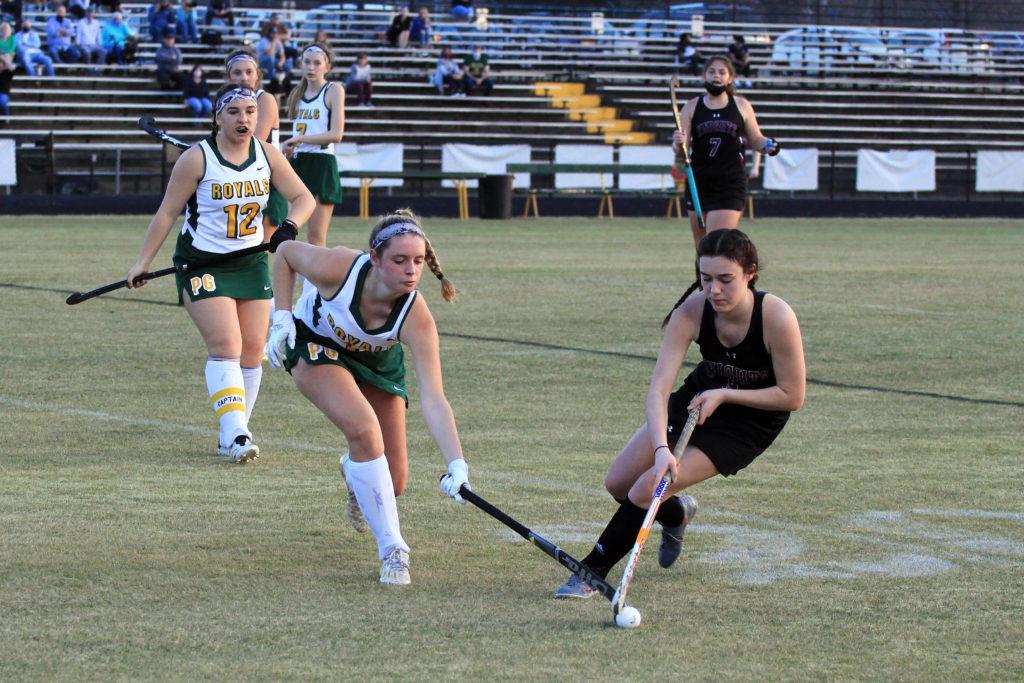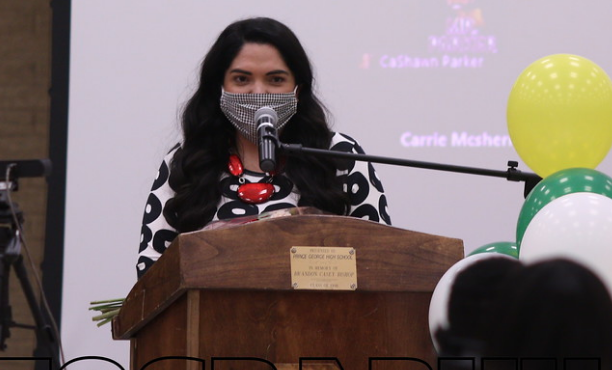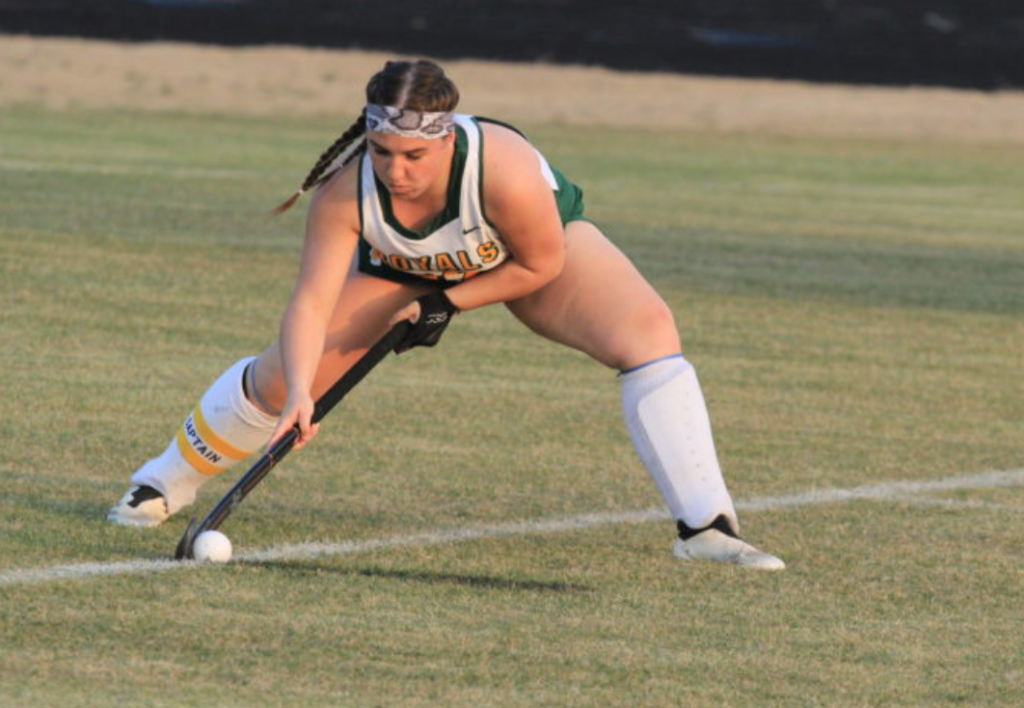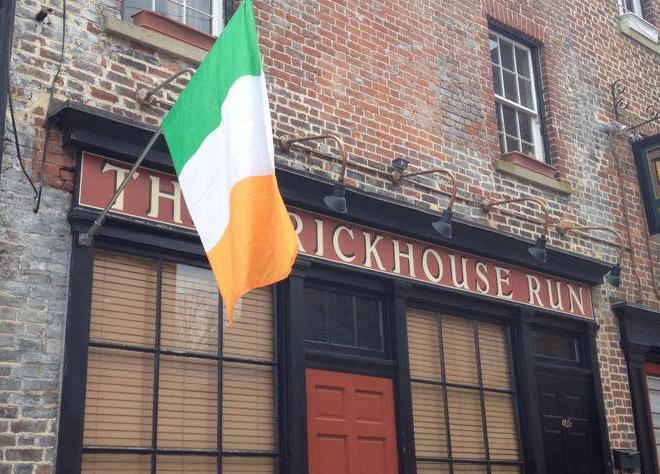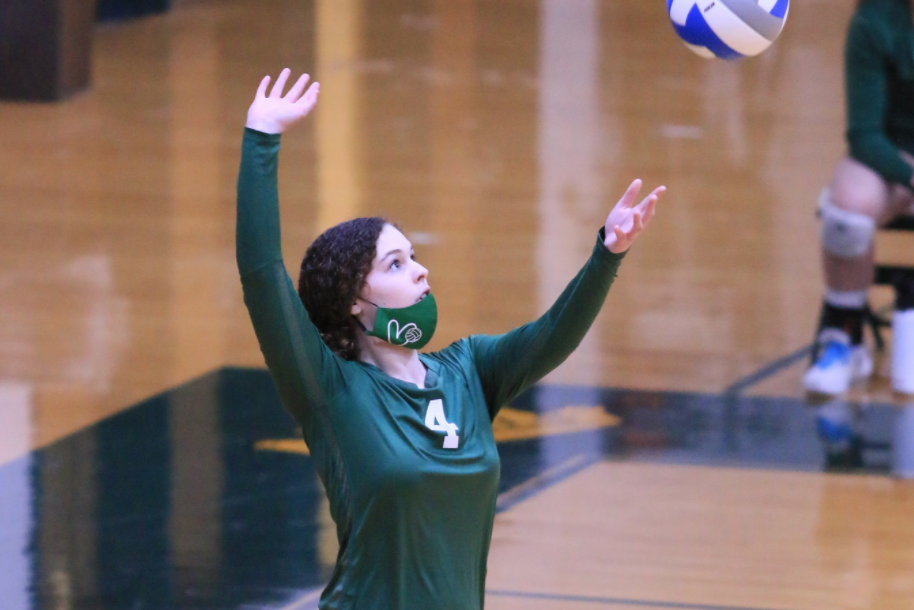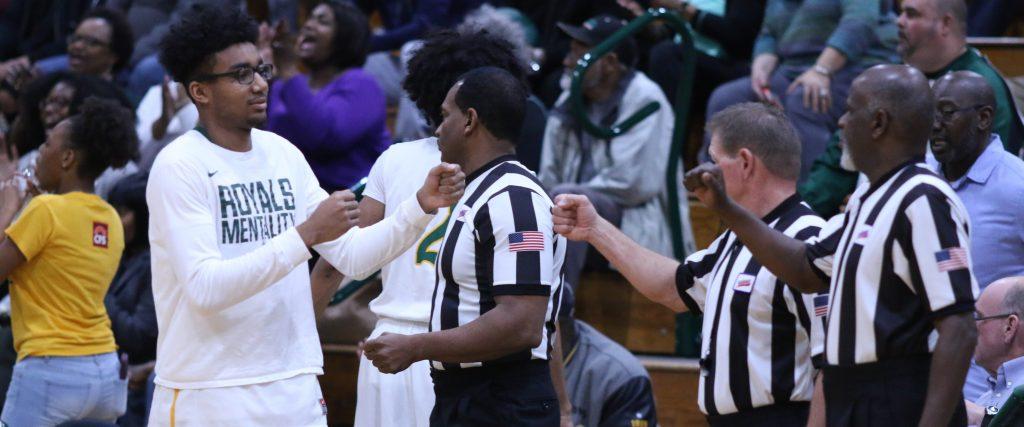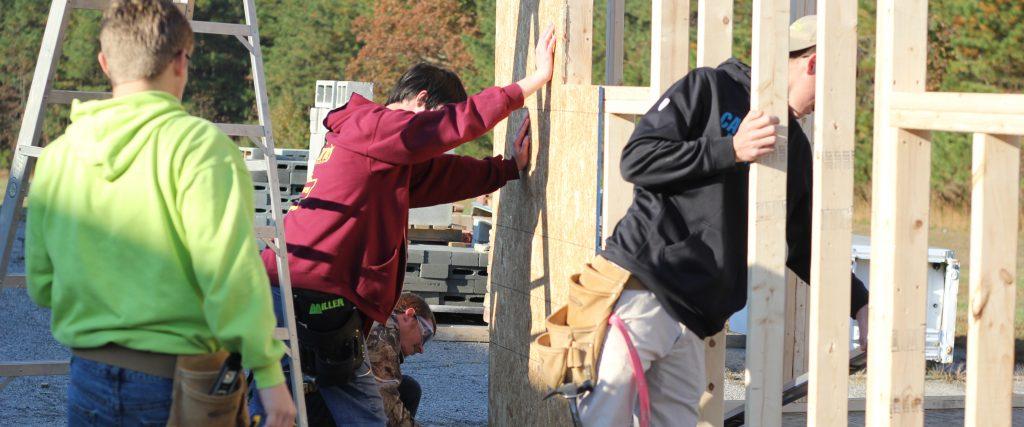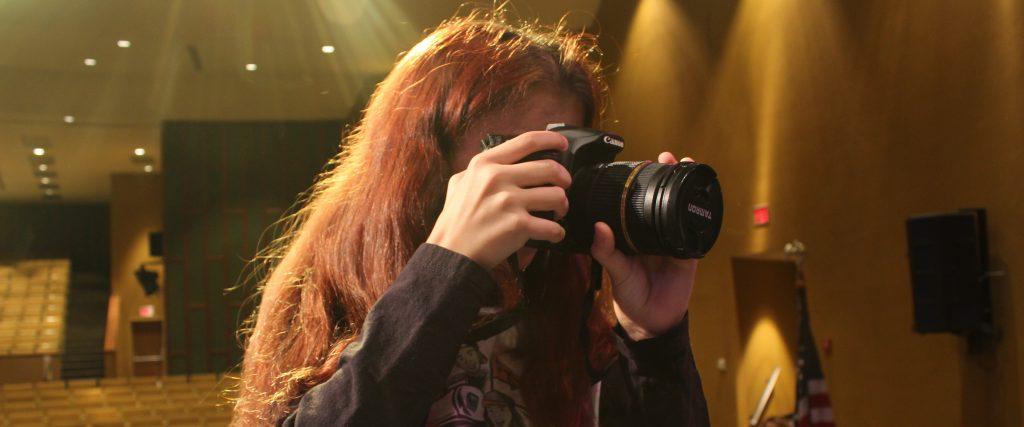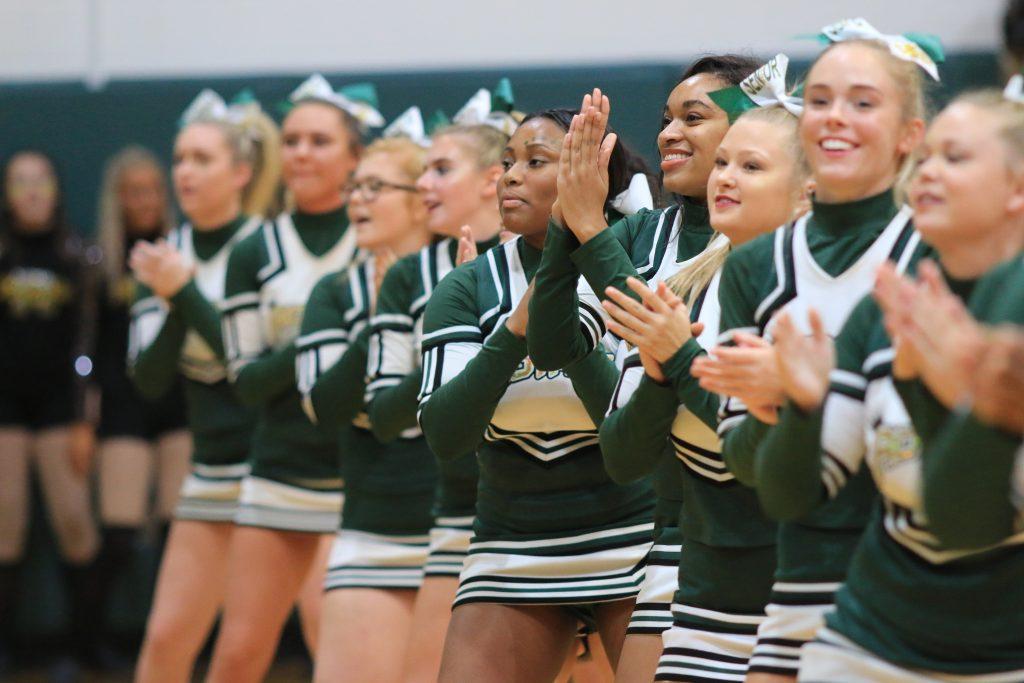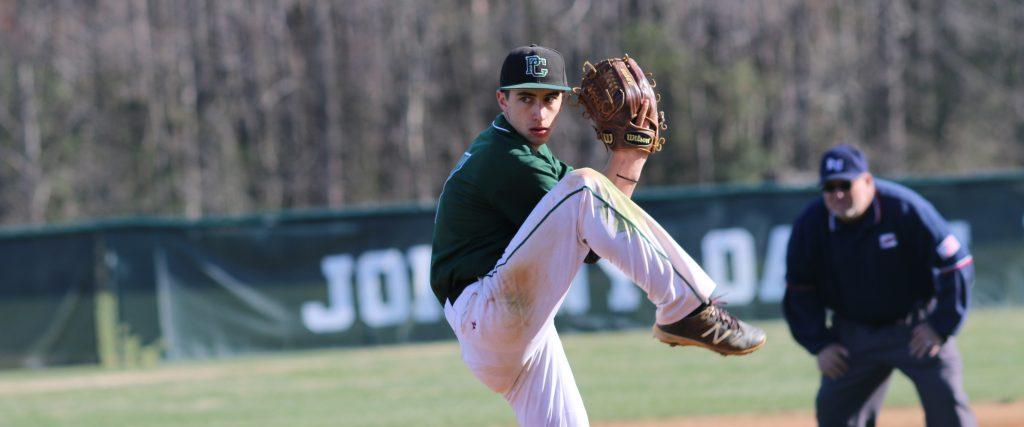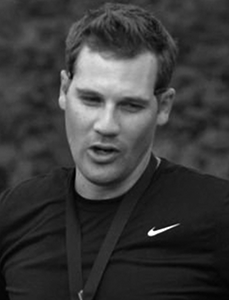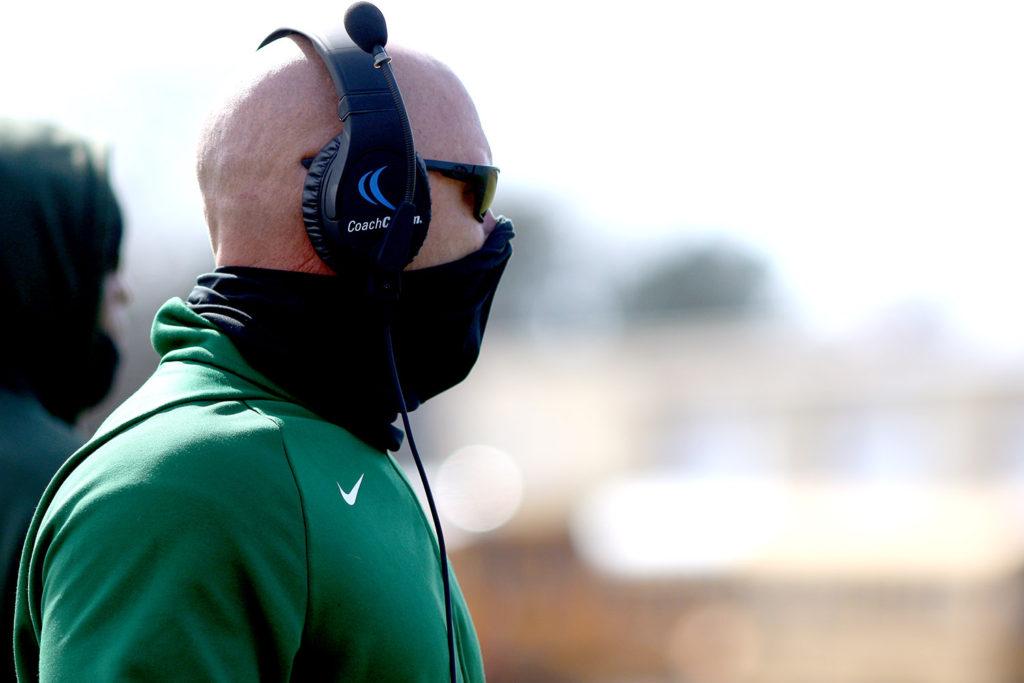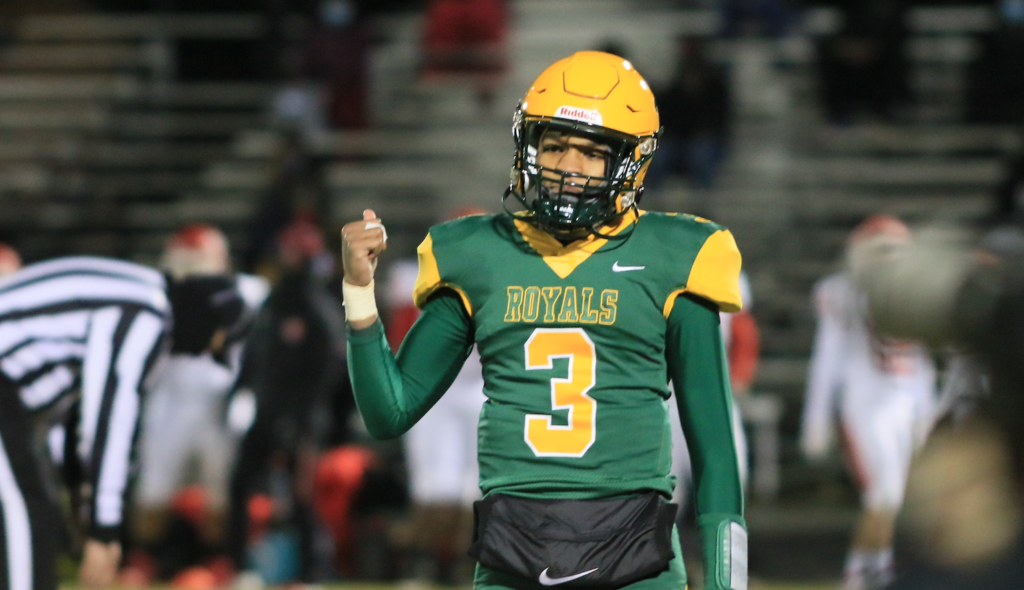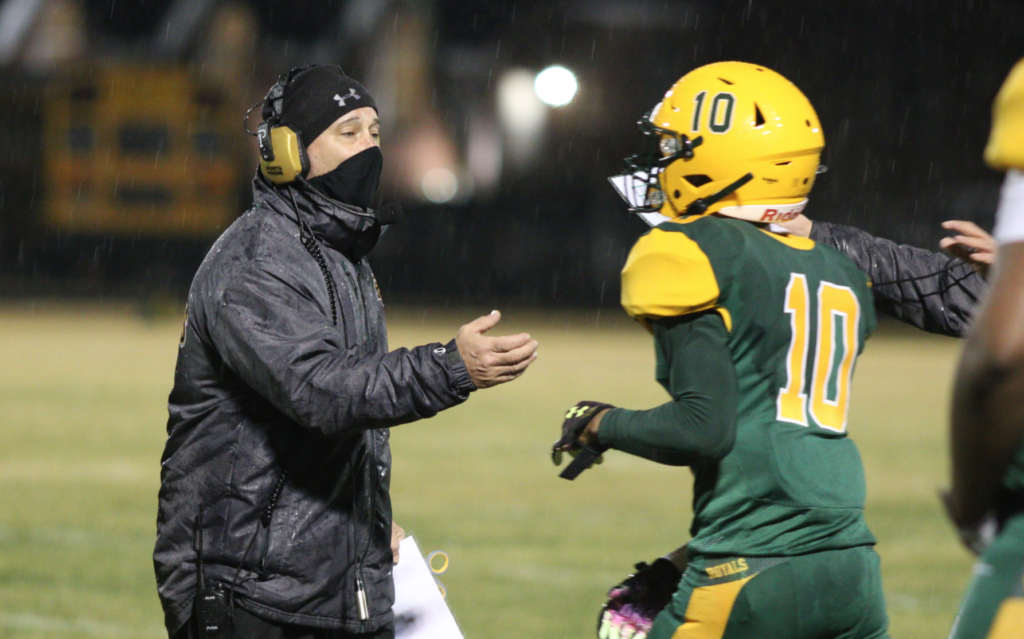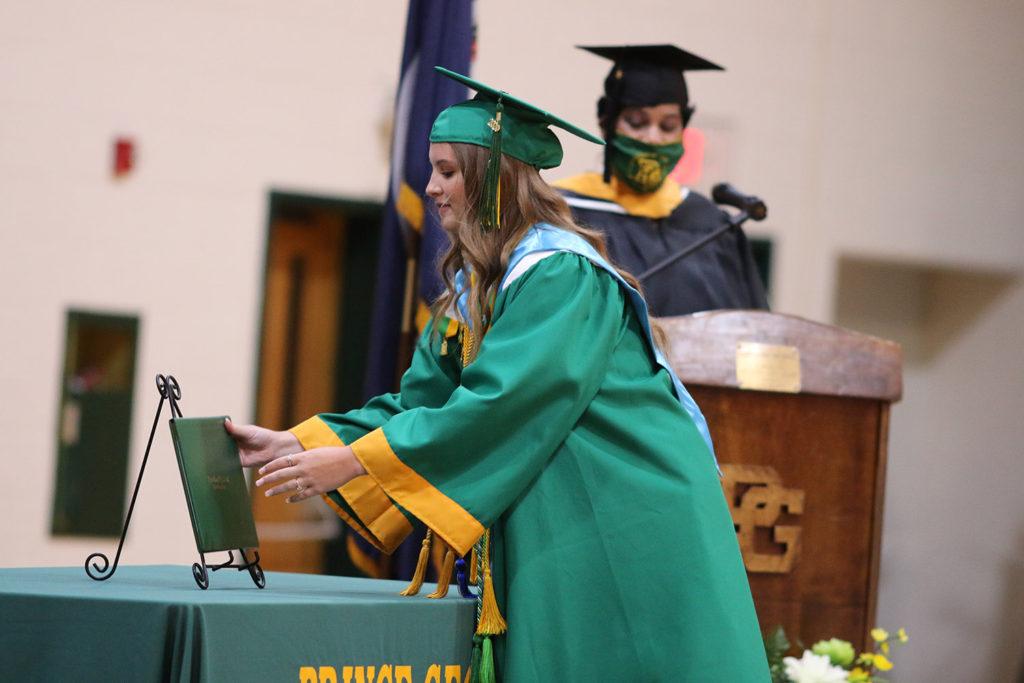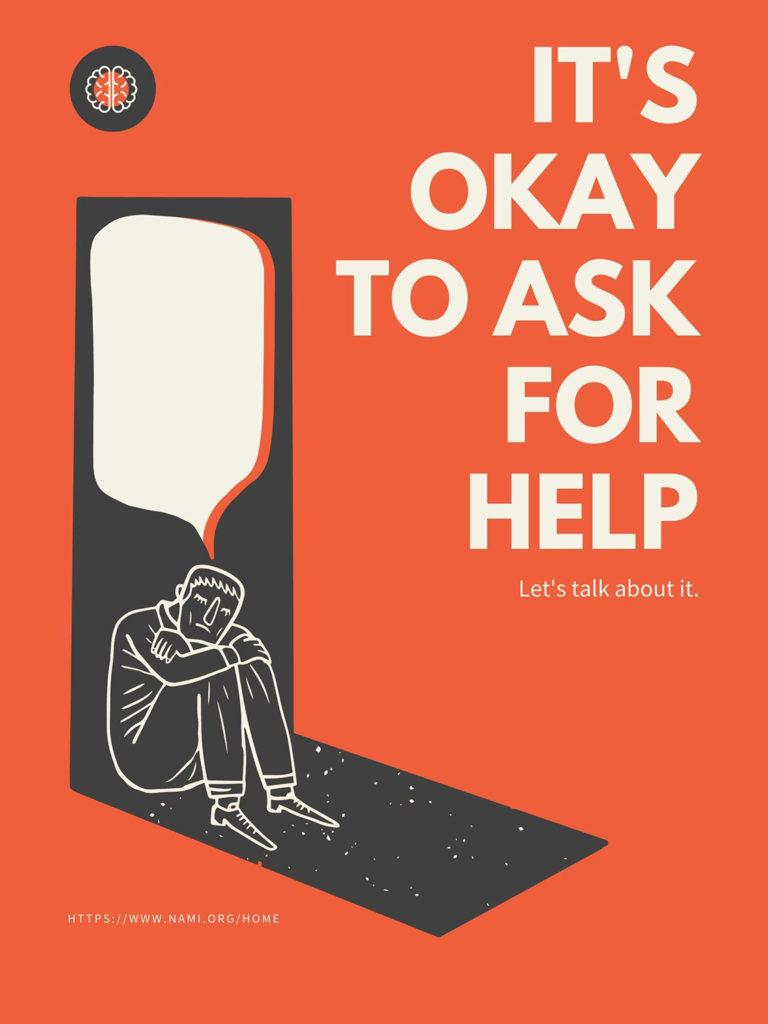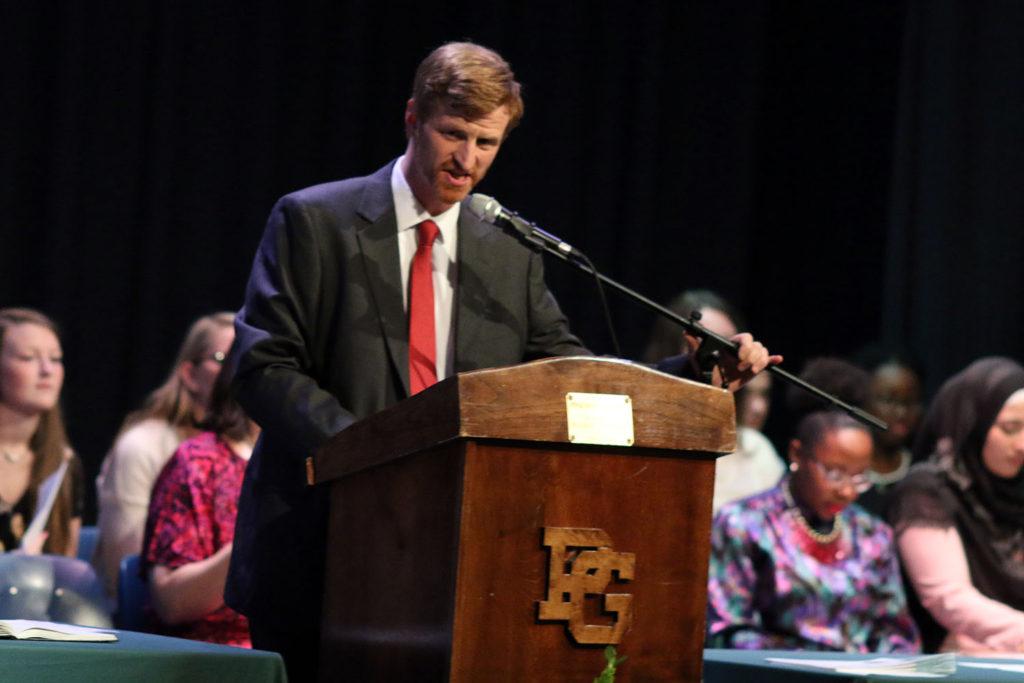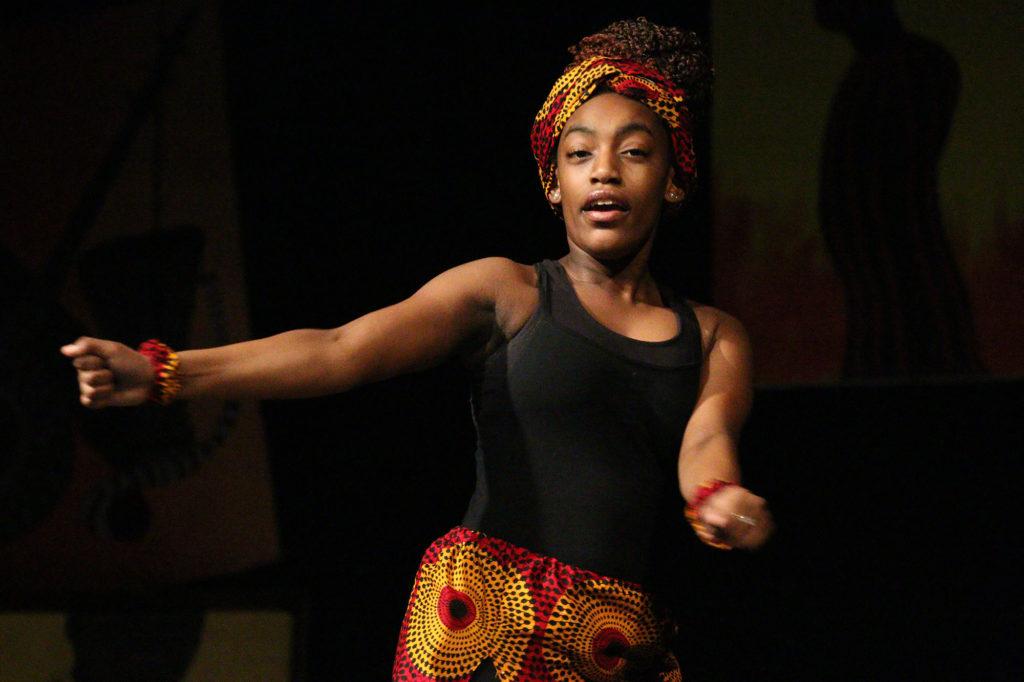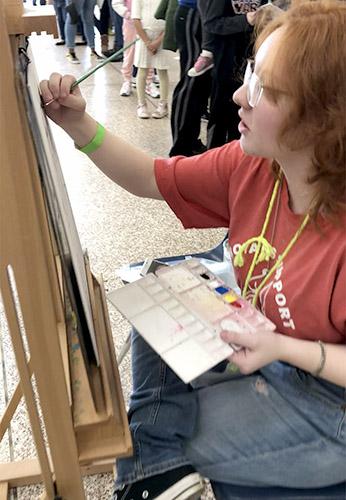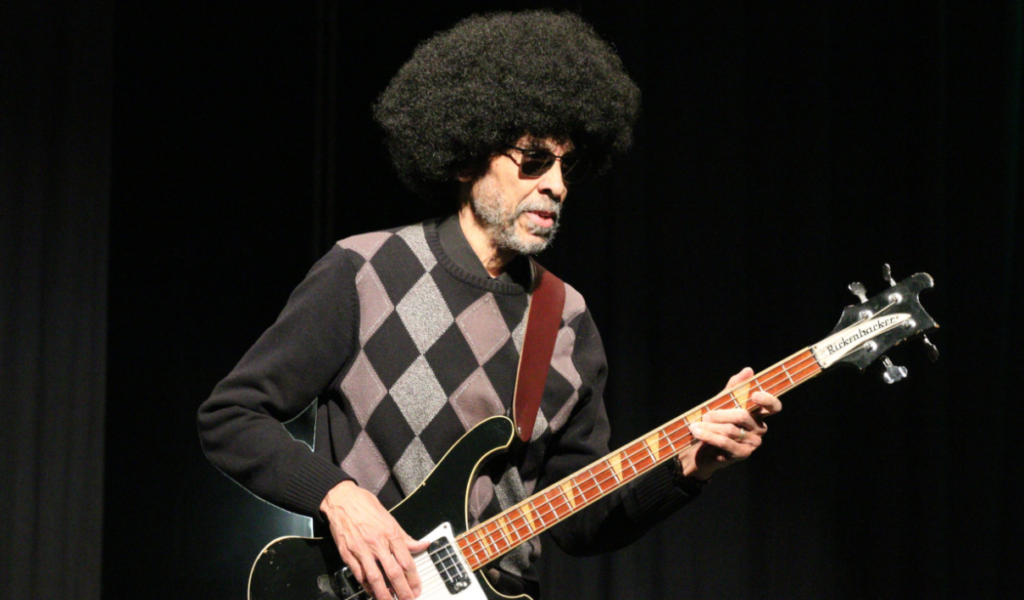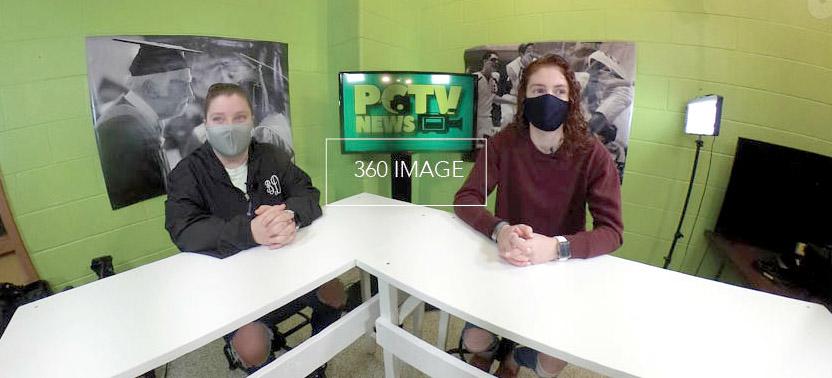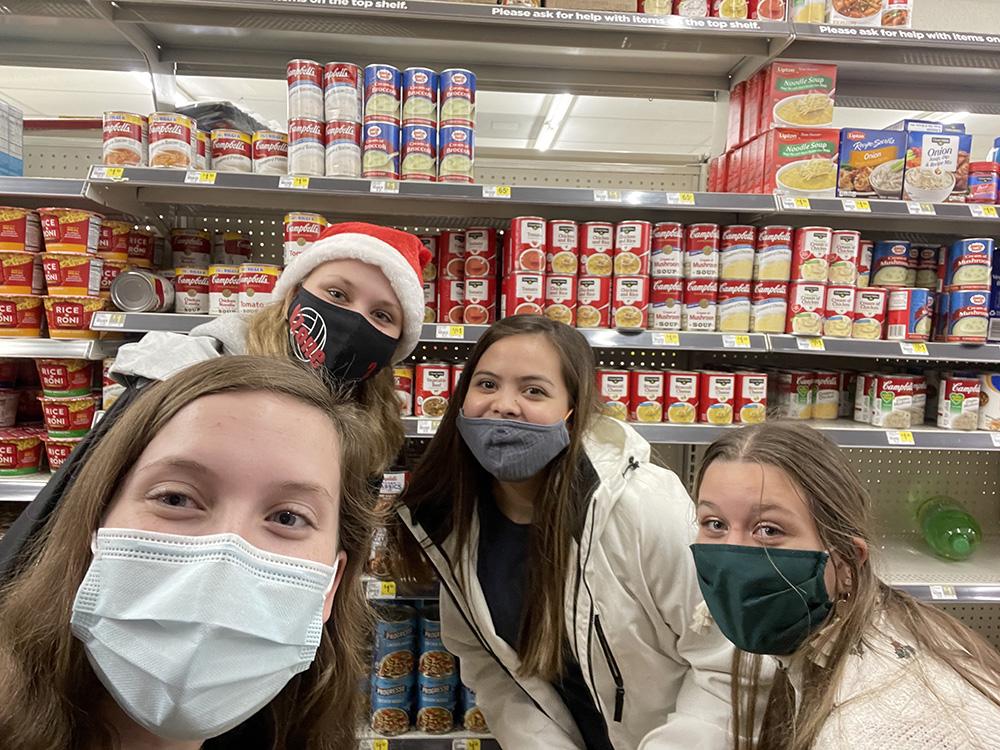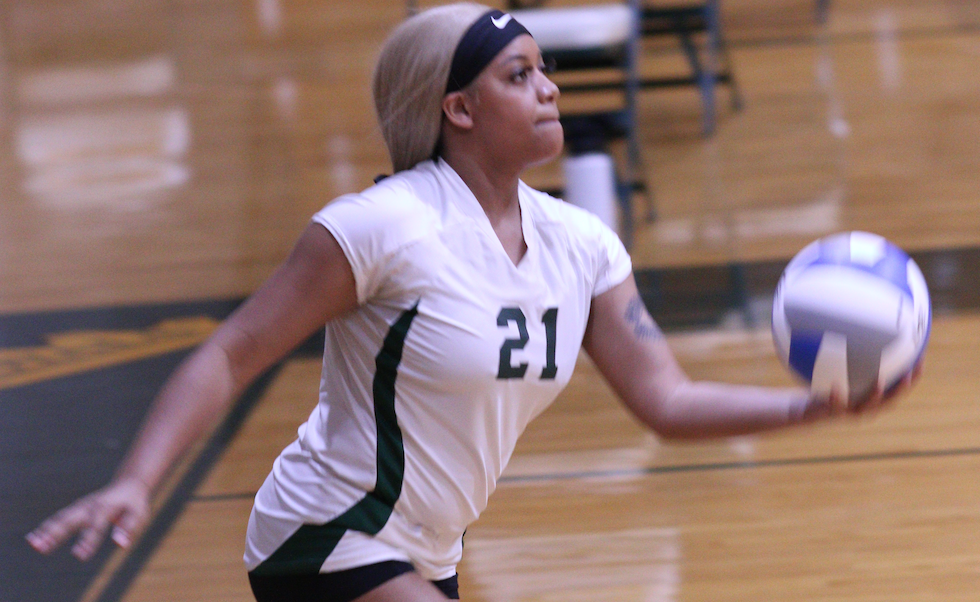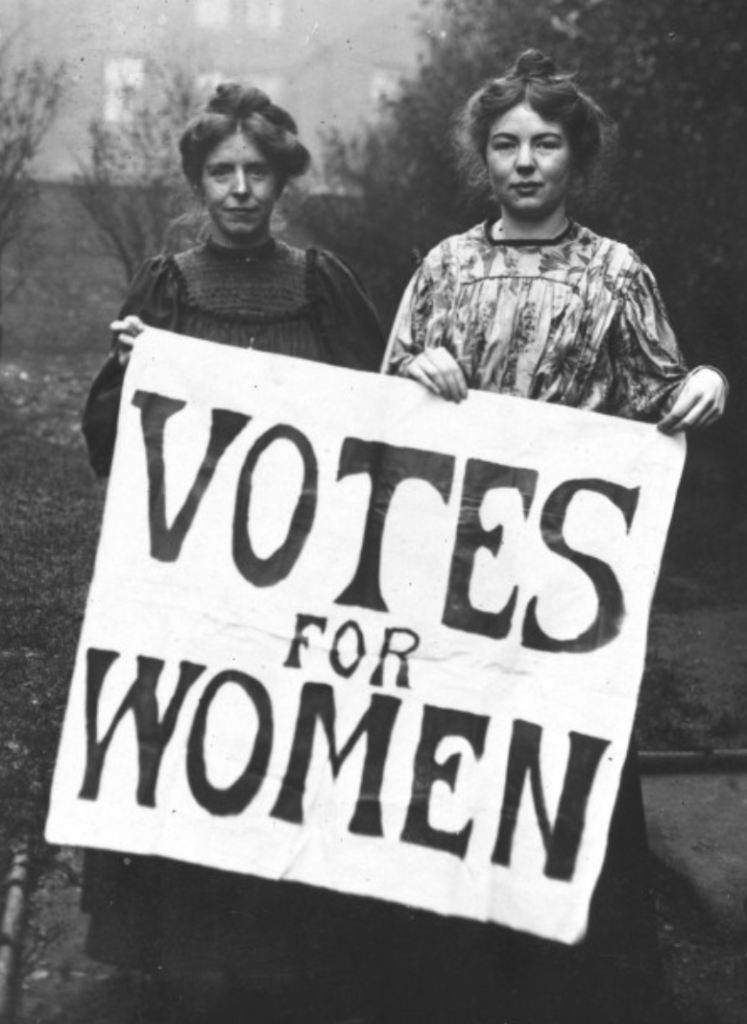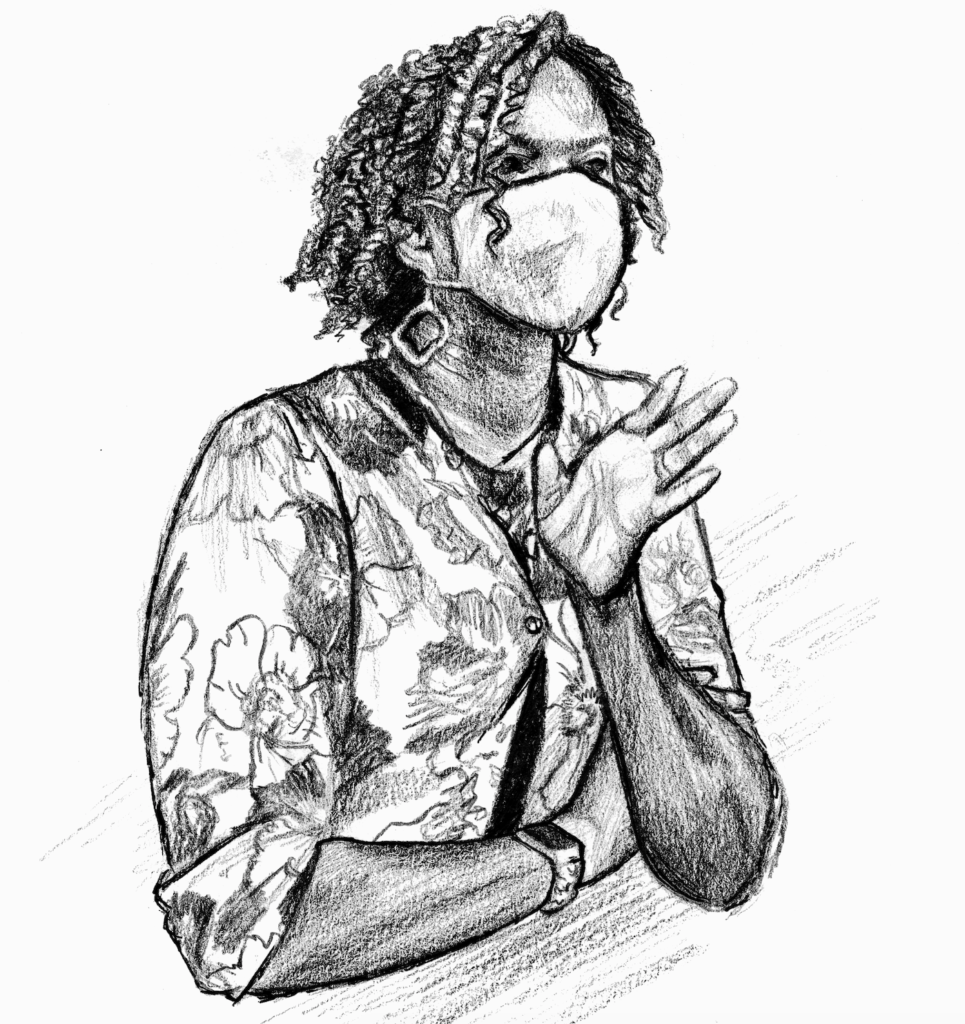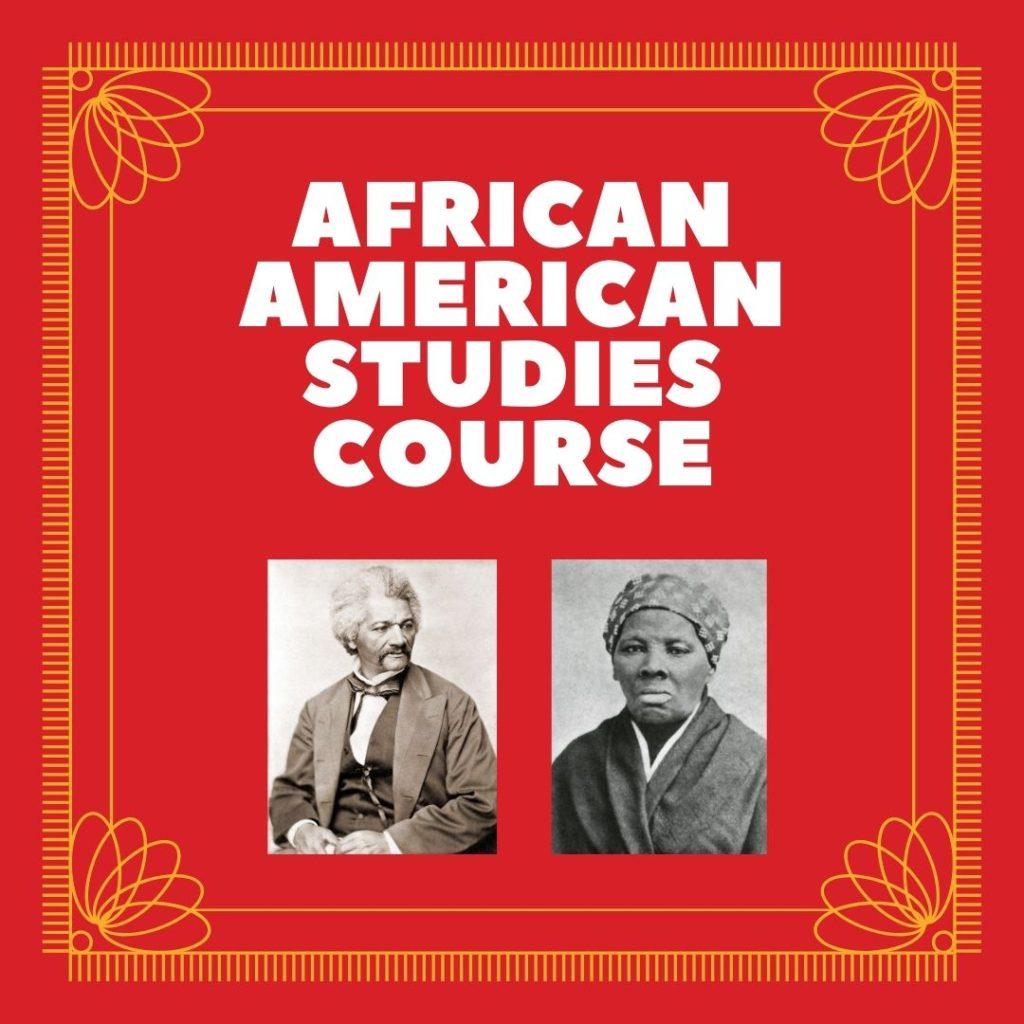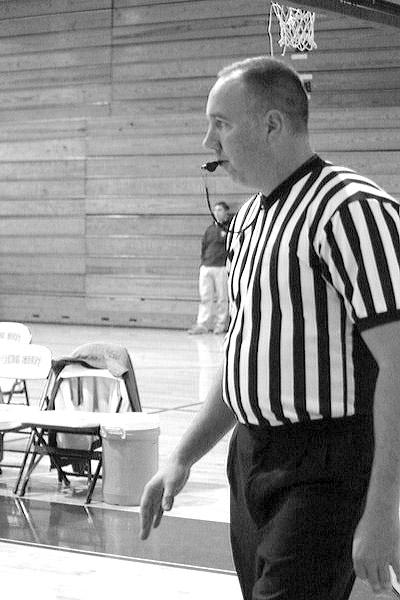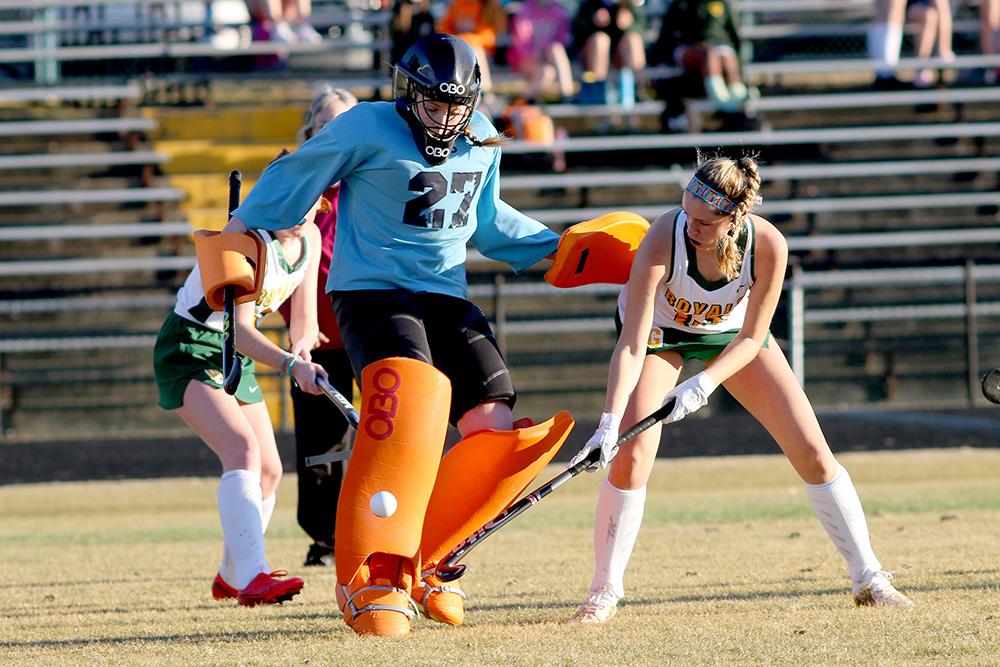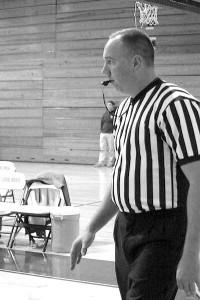
With six seconds left on the game clock and the home team down by two points, the crowd stands frozen on their feet. The point guard drives hard down the lane to tie the game, but the shot is off the mark and bounces off the left side of the rim. However, a late whistle is blown as contact was made on the shot. Besides the result of the upcoming free throws, the referee’s call has now become one of the biggest factors in this game.
With such huge impacts officials can make, it is no surprise that numerous responsibilities come along with the job. Officials must first go through a series of test to become eligible to referee games. Tests are given through the Virginia High School League (VHSL), along with over a month of training. Official Mark Briley, still remembers going through his eligibility test for officiating.
“Well, I’ve been officiating for about twenty years, and I still take a test every year to recertify myself to referee games,” Briley said.
Certified officials are then assigned to a particular conference or district, and then usually begin officiating in scrimmages under a head official. Briley, a center positioned official, will see much of the Royals as he is a referee for the Tri-City area. This also familiarizes the official with what to expect during a regular season game when there is a “two-person” or “three-person” mechanic on the court. A “two-person” mechanic means that each official either takes on the role of the lead position or the trail position. The lead is usually positioned along the baseline of the court, while the trail official is positioned at the free throw line extending down on the left side of the court, facing the basket. In a “three-person” mechanic, the setup is basically the same except for a more triangular coverage of the court and an added center position where the official will stand across the court near the free throw line.
The job of officiating can be joyous for many reasons. Particularly for Briley, basketball officiating came as an opportunity to be around the sport that he loves.
“I played for Bridgewater College; however, I wasn’t good enough to play at the professional level so as a natural transition I decided to get into officiating. It has allowed me to be around the sport I love,” Briley stated. “Being surrounded by something you love is always great, but that too can come with some sacrifices. “
Being on the court can be a bit nerve-wracking, especially when a controversial call is made. Officials tend to receive negative feedback from the coach, players, and the loudest man of the all – the crowd. For Briley, he always resorts to the fair call, even if it comes with a little heat towards him.
“As officials, we never let outside factors influence our calls. We try to preserve the integrity of the game. We actually talk in our pre-game huddle and state that if we’re calling it on one end of the court, then it will be called on the other end as well; it’s just a part of what we took on when we signed up to be an official,” Briley stated.
With such an opportune experience, the job of officiating certainly has its bitter moments as well.
“One side effect to officiating is probably the stressful toll it can have on your body. You have to stay in good physical shape and do a lot of stretching because after games you do tend to tighten up.”
With local officiating under his belt for twenty years, Briley hopes to one day become a referee for the professional league. For now though, he looks forward to the upcoming season.
